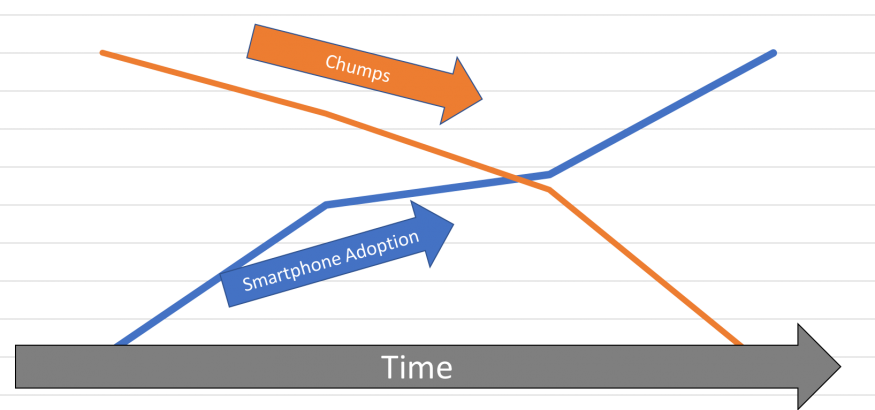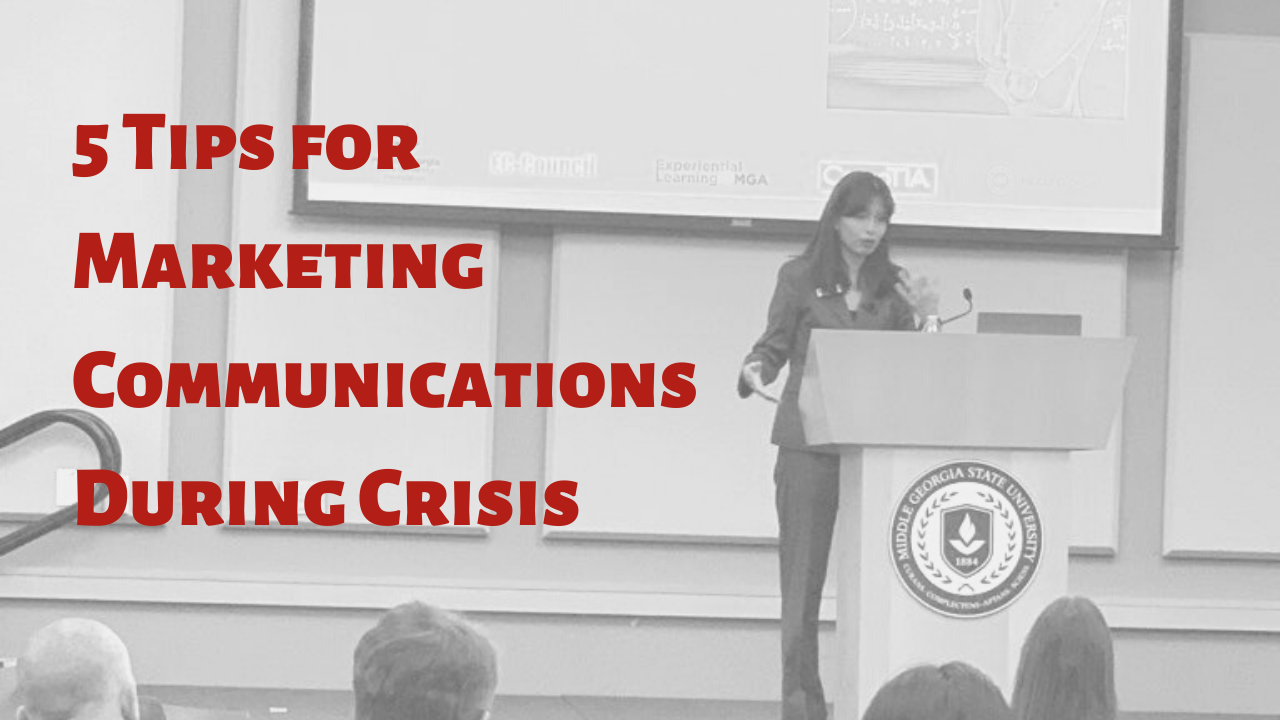
All Marketing is Permission Based Marketing
Last week, I was purchasing a bottle of wine at a retail establishment on Peachtree St. As I was checking out at the register, the young cashier asked to see my ID for the wine. This cashier looked to be high school or college age, probably his first summer job. I handed the cashier my ID card. First he typed in my date of birth, and then proceeded to type in my name, address into the register/computer.
STOP! I was suddenly the elder, lecturing this young man about permissions. I looked him in the eye and said, “You do not have my permission to copy the personal information on my drivers license.” I added, “I gave you my ID only for the purposes of verifying that I am over the age of 21, not for any other purposes.”
Then I demanded that he delete any and all information (of mine) that he typed into his computer.
Poor Kid. He was in shock. Speechless. I gave him his first lesson in permission based marketing.
Indulge me in a little speculation for a moment: First day on the job, his boss tells him that he needs to ask customers for their contact info for each transaction. Either he’s not listening or he is uncomfortable asking customers for their personal information. He’s young and knows everything. In fact, he’ll be running the entire store next week.
He thinks to himself?Shortcut! I’ll just ask my customers for their ID and gather their information that way. My accuracy from copying a information from an ID will be way better than having to listen to customers.
There are no shortcuts in life or in marketing.
Marketing can only be effective by establishing meaningful relationships with your customers. Provide your customers with value and they will be more likely to stay and refer more business to you.
Scenario: You have a great product to sell, you have a quota to meet, if only people knew how great your product was, you could make more money!

Solution: Buy a list of target list of customers, send them a well crafted email with compelling words and pictures and they will buy.
My future customers are sitting at their desks with empty inboxes, awaiting an email from me inviting them to buy my product. I just need to hire someone who can write a great email and new customers will start appearing like magic!
That would be magic because it doesn’t work that way.
It’s about credibility. Customers don’t buy because of your word, they buy when your product solves their problem AND a trusted source makes the recommendation.
Unwelcome Solicitation
Think about how you felt the last time you received an uninvited solicitation. It could be someone you met at a party soliciting you list your house with them as your real estate agent (when your house is already listed with another real estate agent).
How about that email you just got from a company / person you’ve never heard of asking you for $$$?

My heart drops every time I receive a thick catalog from a company that I’ve never done business with as all I can think of are the trees that died needlessly.
On the other hand, a company can build up a great reputation with positive reviews, referrals from friends (birds of a feather flock together), and providing how-tos, tips and tricks, helping first and selling second.
 The truth is that the Feds aren’t going to arrest you for violating the CAN-SPAM act, but all of your emails will cease to be delivered to inboxes when the people you spam mark your emails as spam.
The truth is that the Feds aren’t going to arrest you for violating the CAN-SPAM act, but all of your emails will cease to be delivered to inboxes when the people you spam mark your emails as spam.
Gmail has made it too easy with that Spam❗button at the top of the screen for users to flag your egotistical sales spam.
Human nature: The path of least resistance.
Why search for that tiny unsubscribe link in 6pt gray font when I can just hit the “spam” button at the top of the email. I haven’t even bothered to read the email, I didn’t invite this sender into my inbox in the first place.
Yet scammers still send spam and since it’s a numbers game, if you spam enough people, you’ll eventually get a chump. That’s how car buying worked in 1999. Car salespeople would try to sell each car at full price, and once in a blue moon they would find a chump willing to pay full price. That was until the smartphone. The tables turned, the consumer is now in control. As smartphone adoption rose, the chump ratio declined.

Instead of attempting to steal your customer’s information, how about asking for it and providing something of value to the customer in exchange for information?
But that’s WORK!
Exactly! There are no shortcuts in marketing. That’s why companies pay big bucks to exhibit at tradeshows, sponsor events, and offer incentives for contact information. Connect with prospects, ask for permission, and then follow up with thoughtful personalized communications.
If a customer is kind enough to give you their contact information, say Thank You. It means that they might recommend your business to a friend.
If the cashier had simply said to me, “If you provide your mailing address, I’ll give you a $10 off coupon for your next purchase,” I could have made a decision if my address was worth $10.

Female customer buying cheese at store
This is a sad story. My friends recommended this store for their excellent selection of wines. It is unfortunate that this cashier was not properly trained on permission marketing, etiquette, or customer service.
Permission Marketing was a concept introduced by Seth Godin in 1999. I recently saw Seth Godin speak at the Digital Summit in Atlanta last month (May 2017). He was a delightful and energetic speaker. In the coming weeks, I plan to share more insights from Digital Summit in the areas of email, content, and SEO.









